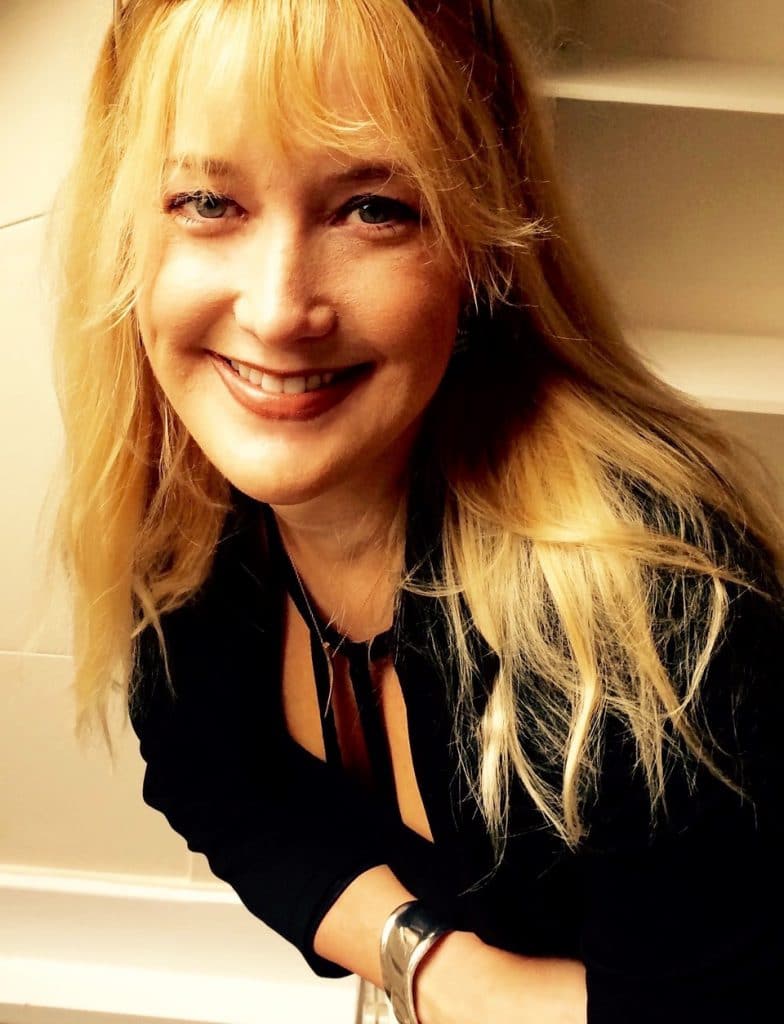

Each year as the Bridport Prize deadline approaches I’m filled with a mixture of nostalgia, emotion and excitement. The nostalgia and emotion are tied to my own experience winning the Peggy Chapman-Andrews Award in 2015, and all it did to establish my career as a novelist. The excitement, however, is reserved for the writers who are about to embark on that same wild ride— from the anxieties of perfecting and submitting one’s work, to the elation of reaching each milestone, being asked to submit more words at both Long and Shortlist stages (deadlines that do wonders for a writer’s output, without which I’d likely still be tinkering away in my garret.)
I think back to where I was when I entered my novel-in-progress for Bridport’s PC-A Award five years ago. I had researched and plotted for a decade, and recently discovered the collective voice of the novel in the six month UEA/ Guardian Masterclass (three years before completing the book on UEA’s Prose Fiction MA). As I began to research next steps, I read an article about the Bridport Prize, which for me became the holy grail of prepublication validation, equally meaningful for its prestige and its blind submission process. I still consider it thrilling that Bridport’s judging process is neither aided nor hindered by an authors’ age, race, gender, sexuality, status or background— rather is based solely on the words on the page. Thus inspired, I perfected my submission until the 11th Hour— five minutes before the midnight deadline, to be precise— going over every line, every cadence, every syllable. I felt confident when I hit ‘send’ that I had used every moment I’d been given to submit my best effort. That submission, almost verbatim, is what would go on to become Chapter One of my debut novel, Swan Song.
Painstaking care for every aspect of the work
Waiting until the last week/ day/ hour to submit material could be mistaken by some as procrastination. Some may dismiss it as a Hail Mary gesture. Others may see it a symptom of obsessive perfectionism. While all might be true, I tend to favour the third of those assessments— but not in a negative sense. While there is an element of compulsion in honing a piece of material (often for years) ad nauseam, I consider it the most valiant of a writer’s efforts. It demonstrates painstaking care for every aspect of the work. Artistic endeavour is not a race; perhaps the diligent tortoise shall prevail over the breakneck hare when all is said and done.
I’d assumed that, over time, my own obsessive perfectionism would mellow with experience and that I’d be able to whip out drafts with increasing speed. Yet I’ve found that that very Perfectionism might be integral to my creative process. Through every stage of the three years preparing Swan Song for publication—through revisions, edits and typesets galore— my instinct remained what it had been when submitting that first extract for the Bridport Prize, taking advantage of every available moment to improve the work and see my vision to fruition.
Truman Capote— my protagonist in Swan Song— served as my muse and alter-ego over the decade completing my book. Capote himself was both driven and derailed by perfectionism when it came to his prose. I’ve tried to learn to strike a healthy balance between holding on to a piece of material and knowing when to let go. I take comfort that this struggle is something all writers face at one time or another— a rewarding burden that unites our efforts at all stages of the journey.
Pearls of Capote wisdom
It’s this journey that has inspired The Inaugural SWAN SONG BURSARIES, intended to celebrate the Perfectionists, the Obsessive Re-Drafters and those who might need that extra push to take the plunge and submit their novel in progress.
As deadlines approach and we all find ourselves striving to create in unprecedented pandemic times, I share five Pearls of Capote-Wisdom, and what I’ve taken from each:
- ‘Good writing is rewriting. I believe more in the scissors than I do in the pencil.’ Write. Rewrite. Rewrite the rewrites. Be ruthless. Be prepared to kill your darlings.
- ‘Call it precious and go to hell, but I believe a story can be wrecked by a faulty rhythm in a sentence.’ Read your paragraphs aloud. Listen to the rhythms, the cadences. There’s music within.
- ‘It’s a very excruciating life facing that blank piece of paper every day and having to reach up somewhere into the clouds and bring something down out of them.’ All writers face the painful blank page each day. The joy comes in what we manage to pull down from those clouds.
- ‘Finishing a book is just like you took a child out in the back yard and shot it.’ Precisely why it’s so hard to let go… but eventually writers need readers, who will form their own relationships with your creative offspring.
- ‘All writing, all art, is an act of faith. Any work of art, provided it springs from a sincere motivation to further understanding between people, is an act of faith and therefore is an act of love.’ When entering your novel in progress for the 2020 Bridport Prize, think of taking that leap of faith. Especially now, our voices, our stories, our acts of love have never been more meaningful.
Kelleigh Greenberg-Jephcott was born and raised in Houston, Texas before coming to call London and Los Angeles her adoptive homes. As a screenwriter she was honoured by the Academy of Motion Picture Arts and Sciences as a Finalist for the Nicholl Fellowships in Screenwriting.
Her debut novel, Swan Song, was published by Penguin Random House/ Hutchinson in 2018. It was a Times Book of the Year, longlisted for the 2019 Women’s Prize for Fiction, shortlisted for the Goldsboro Glass Bell Award and winner of the Society of Authors McKitterick Prize.







